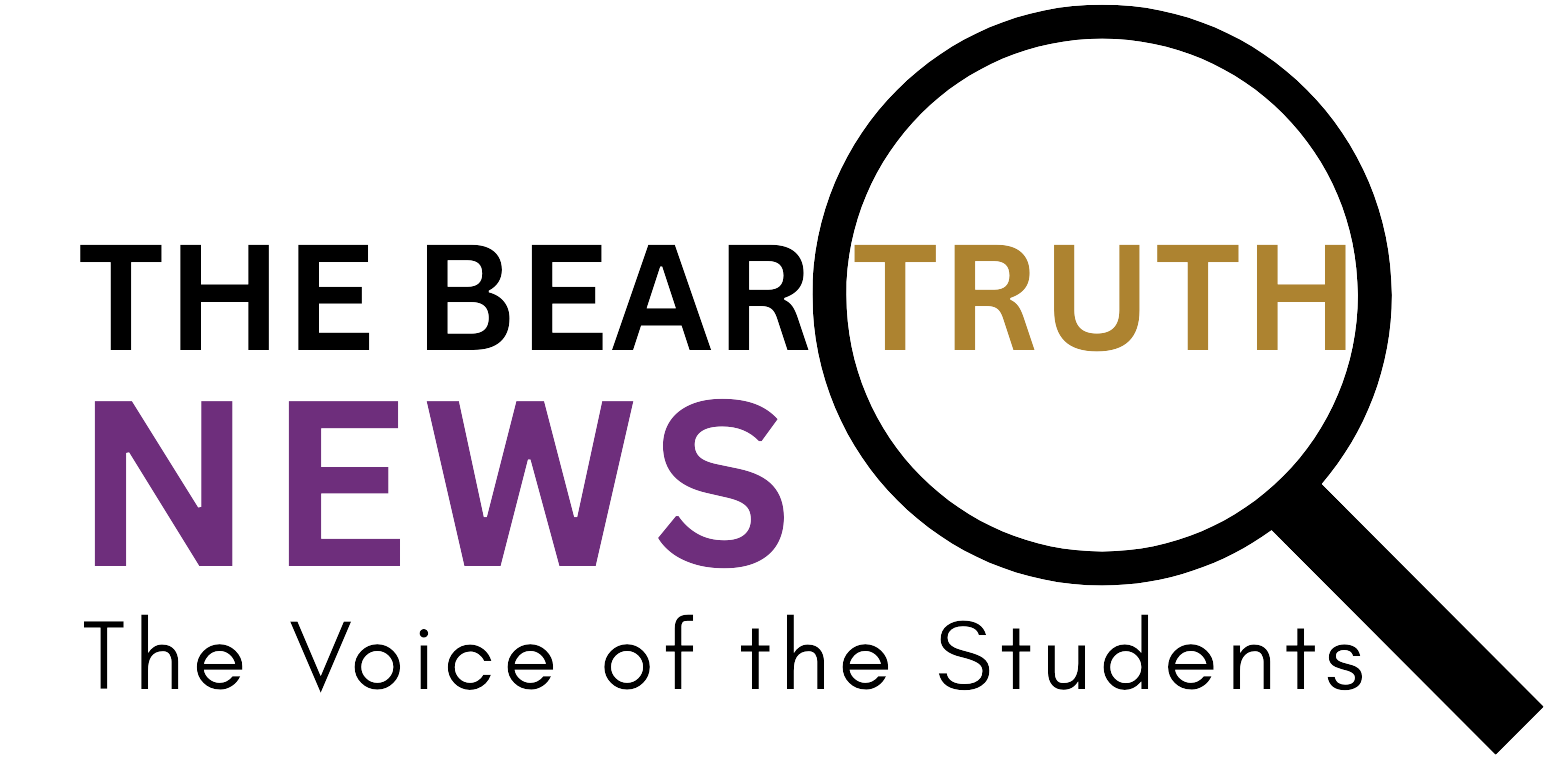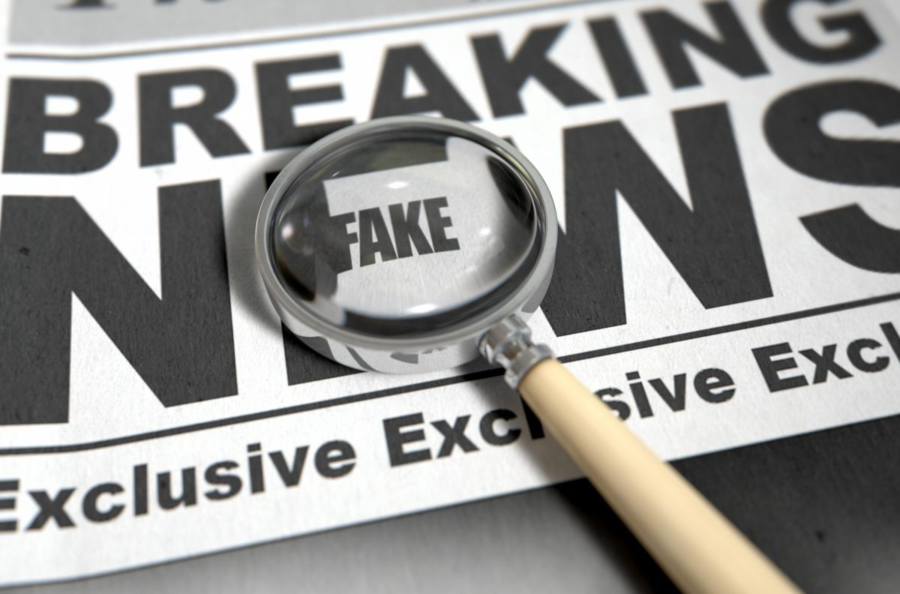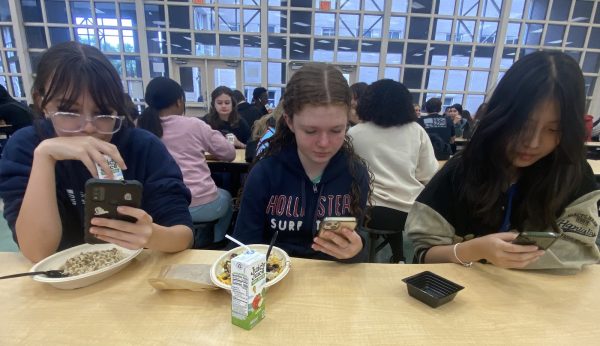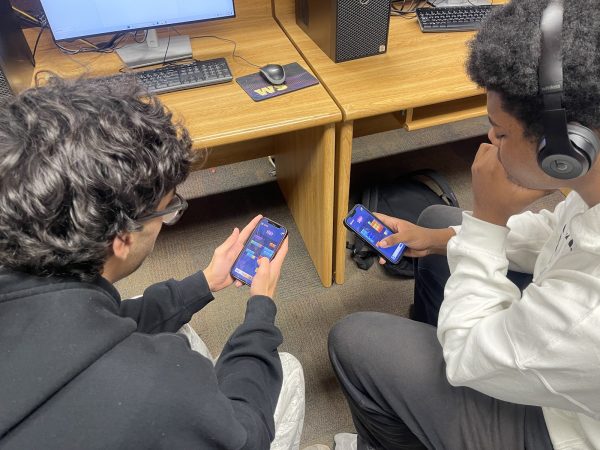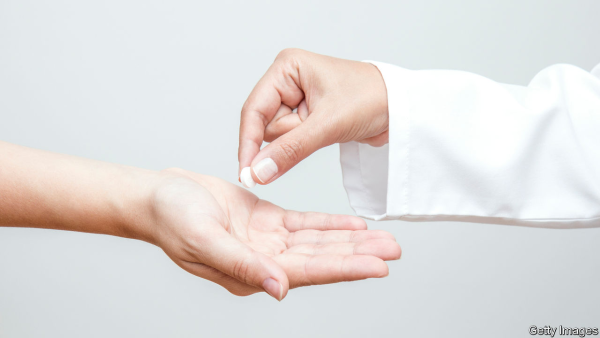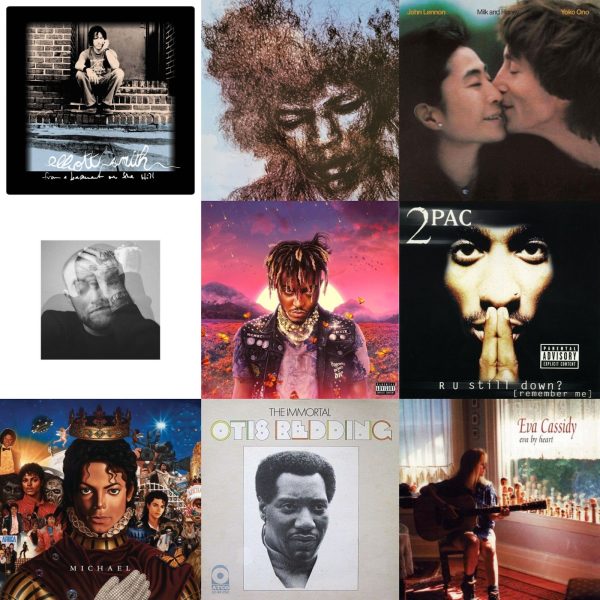Fake News: How To Determine What is Real
Fake news has been dramatically increasing over the past years, and although it may seem like it does not affect many people in our generation, that is not the case.
Fake news is commonly overlooked and rarely ever properly defined. In simple terms, fake news can be explained as news/stories written and published to deceive readers. Social media is used everyday as a platform by publishers to share information. Examples of fake news include propaganda, clickbait, misleading headings, etc. A publisher’s main focus is to make their articles go viral so that revenue is increased and money is made. The issue here is that writers will write just about anything to grasp the attention of potential readers. This leads to the spreading of fake news. Sure, there are many benefits for the publishers but the overall impact on society is damaging.
Belief in fake news is highly reliable on what the creators of social media outlets are showing to users. Doesn’t seem like our fault right? Well, in a sense, it does fall on us. With the way major media platform algorithms are designed, we are shown content that reflects our own opinions, beliefs, and interests based on what we type into every search bar. This tactic isolates us from being exposed to actual real world news and forms a bubble known as our “filter bubble”.
When focusing on that aspect, the issue comes off as something that is out of our reach. How do we know what is fake? How do we control what we’re seeing on a day to day basis? We may not have all the power in our hands but we can help ourselves by looking beyond what we see everyday.
Determining whether the information we are receiving is valid or not takes critical thinking. We cannot become reliant on, what seems to be, valid websites and articles because even the law cannot protect us from fake news. Easy ways to spot fake news is by simply developing a critical mindset. Automatically looking out for satire, such as political cartoons, and bias information can help lead us in a better direction towards a more truthful world.
